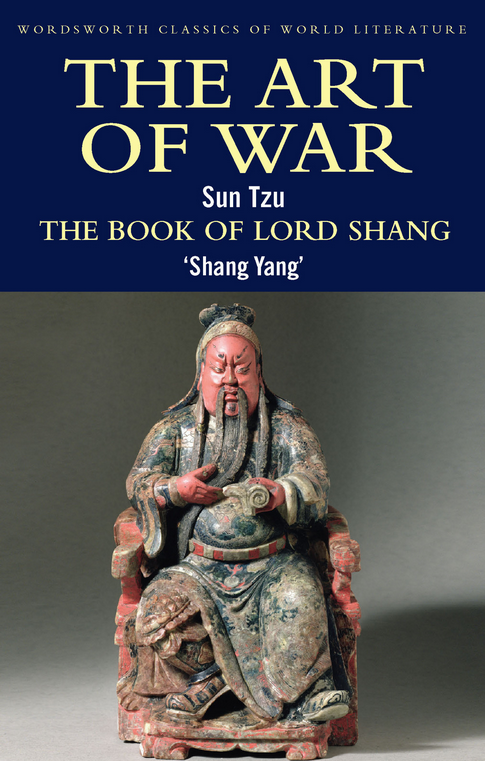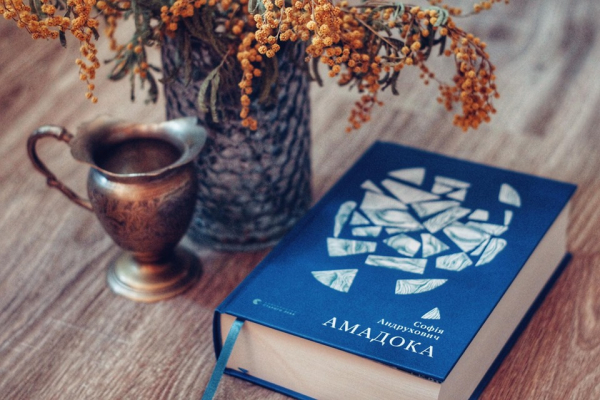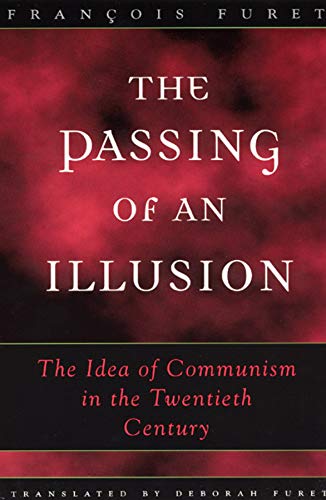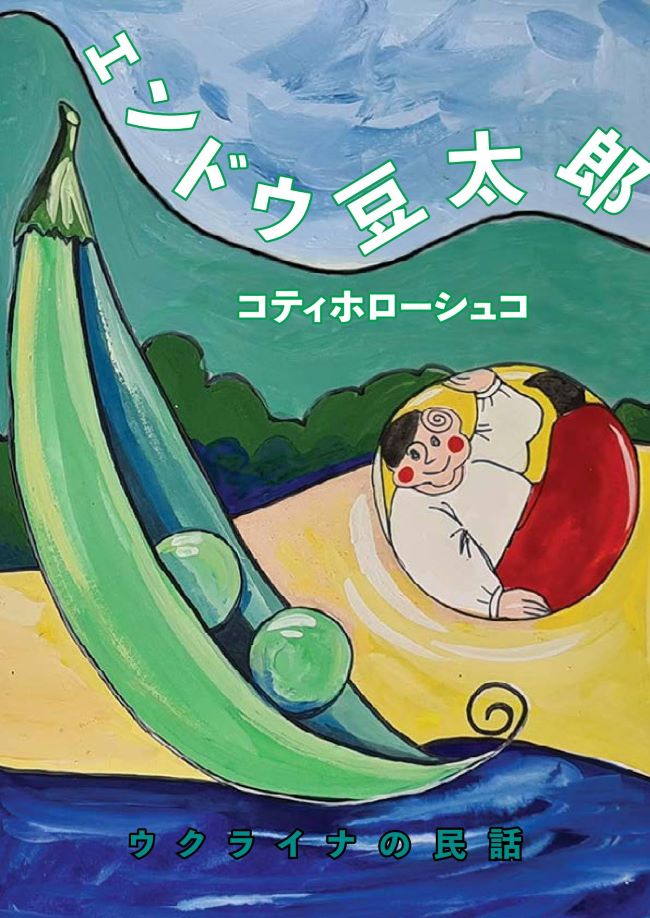Foreign Minister Dmytro Kuleba, former MP Andriy Illienko (2012 -2019), and political analyst Vitaliy Portnikov shared their thoughts on some of the essential books to read in terms of the current political context. Their contributions reside within the wider framework of a literature project conducted by Chytomo, an online site about the culture of reading and the art of book publishing.

“I read books because for me it is a certain elixir for development. I know for sure that I cannot live all the number of life situations that literature describes. And I believe that human development is just the number of life situations one has lived,” says Portnikov.
The Palace of Dreams by Ismail Kadare 
“The book reveals the authoritarianism embedded in what the protagonist imagines to be his utopian view. It demonstrates how such a system rules not just the state, but the psyche and actions of every person -- not just during their constrained daily life, but even while unfettered in sleep,” explains Portnikov.
Kobzar by Taras Shevchenko

“I am not an ethnic Ukrainian and I have a different attitude to this book than ethnic Ukrainians. When I read Kobzar as a child, it helped me understand the Ukrainian people in a way I would never have understood when communicating with Ukrainians. It seems to me that Ukrainians have no idea how accurately Shevchenko understood the Ukrainian national character, both from a positive and a negative point of view. Probably from a negative even more, that's why he had so much indignation, bitterness, outbursts of emotion … Because he wanted to raise his people to his level and understood that he might not have enough strength and time for that,” says Portnikov.
The Stone Cross by Vasyl Stefanyk
“I also really like Vasyl Stefanyk's short stories. This is real European literature for me. This is an obvious example of what literature can be in different circumstances, in different regions, how Ukrainians in Austria-Hungary differed from Ukrainians in the Russian Empire. This can be seen when you read Stefanyk,” comments Portnikov.
The Foundation series by Isaac Asimov
“Political commentary is an imitation activity, when people call themselves political scientists, trying to find some laws of political life. It is, to some extent, the same imitation activity as literary studies or theater studies. Because you describe what other people do. You do not play in the theater, but try to understand how the actor played, you do not write a book, but criticize literature...
The novels by Asimov demonstrate what history is. This is, of course, a science fiction approach, but it is very informative in terms of criteria ... tools for analyzing reality.”

“Book fairs and festivals are among my favorite cultural events. I am very happy that their number and scale is growing rapidly from year-to-year -- as well as the number of publishers, Ukrainian books and their readers,” explains Dmytro Kuleba, Minister of Foreign Affairs and recommends several of the books he has read.
The Churchill Factor: How One Man Made History by UK Prime Minister Boris Johnson

“One of the most charismatic modern politicians, the Prime Minister of the United Kingdom Boris Johnson tells the story of his predecessor, the legendary British wartime leader Winston Churchill. It is too interesting to pass by.
It is common to look at the monumental figure of Churchill bottom up. Johnson's view is not marred by his sincere admission that he is a fan of Churchill. At a time when Ukraine and the United Kingdom have signed a historic agreement and officially become strategic partners, the book provides readers with a comprehensive answer to the question of why Johnson is personally committed to Ukraine and has no illusions about Russian aggression. Fortunately for us, like his idol, the current British leader knows how to talk to aggressors,” says Kuleba.
The Art of War by Sun Tzu

“Desktop. And not only for the foreign minister of a country at war, but also for any leader. In general, we in Europe have something to learn from the Confucians. How to turn weakness into strength, to control the enemy and force him to make mistakes, to win without even entering the battle. For almost two-and-a half thousand years, The Art of War has not lost its relevance. And in the digital age and the age of hybrid threats, this ancient treatise has simply become a must read,” comments Kuleba.
Amadoka by Sofiya Andrukhovych

Kuleba names this book the main literary event of the year, and possibly the decade:
“What and how do we remember and what do we forget? What do we want to remember and forget? How does history become a legend and legend a myth? Sofia Andrukhovych reveals to the reader an interlace of stories about human destinies, which form a mosaic of collective Ukrainian memory. A very timely book for modern Ukraine. After all, the future belongs to those who are not afraid to look back and look in the mirror.”
The Black Council by Panteleimon Kulish

“I think that in order to become not fragile, Ukrainians need to read first of all Kulish. Our strength and weakness, nobility and meanness, the desire for freedom and the search for a warm yoke. All our will and glory, all the chronic destructive strife. Eternal eros and thanatos of the Ukrainian people. All this was condensed by the national genius Panteleimon Kulish in The Black Council in the middle of the 19th century.
The Black Council should be read to understand where the Hetmanate and the Ukrainian People’s Republic have disappeared. Not to repeat mistakes. Find a common language with each other. Find strength in dialogue
explains Dmytro Kuleba.
- Read also: “Medvedchuk effect”: censorship attempt fails in Ukraine as prohibited book sold out within an hour

“Classics are wonderful. If the text was written several centuries (or even millennia) ago and today people still read it, then it is really valuable. You should not be afraid of paved roads, they are paved not by accident,” comments Illieanko about his book preferences.
Meditations by Emperor of Rome Marcus Aurelius

“This is the best thing I have ever read on the subject of self-motivation, psychology, ways to achieve inner harmony, the meaning of life, and much more. All later good literature on this subject is a rewriting of the thoughts of Marcus Aurelius. Sometimes just word for word. The sixteenth Emperor of Rome (161-180 CE) had long since lost all illusions. But this did not lead him to nihilism, but to humaneness,” says Illienko.
Why Nations Fail: The Origins of Power, Prosperity, and Poverty by Daron Acemoglu and James Robinson
“There are many books that try to answer the question of the causes of the rise and fall of nations. This one is without charlatan recipes for instant success. The bike has long been invented, you just have to want to ride it. And the real question is why there is often no desire to do so -- this is what the book is about,” comments Andriy Illienko.
The Passing of an Illusion: The Idea of Communism in the Twentieth Century by François Furet
 “This is a book about the manipulativeness of communist ideology, although in reality, it is a political treatise on political utopias as such, their origins and dangers,” according to Illienko.
“This is a book about the manipulativeness of communist ideology, although in reality, it is a political treatise on political utopias as such, their origins and dangers,” according to Illienko.
Read more:
- Putin’s Number One man in Ukraine sues media to hide Soviet past
- Ex KGB agent who repressed Ukrainian intellectuals among country’s most influential persons. How come?
- All you wanted to know about Ukraine in one book and on one YouTube channel
- War Books. Recording the Russo-Ukrainian War in Crimea and the Donbas
- How important were the Soviet dissidents: the case of Ukraine
- How Ukraine’s Vasyl Stus used poems to fight the Soviet Regime
- Who’s winning on the Ukraine-Russia historical narrative battlefield?
- For the first time, Ukraine will sponsor translations of Ukrainian literature to foreign languages
- A XIX-century poet is now Ukraine’s driving force of change
- Oksana Zabuzhko: Ukraine is at the forefront of a huge world battle that will transform humanity
- Serhiy Zhadan: “Give us strength!”
- Serhiy Zhadan on the war with Russia & Zelenskyy’s promises






